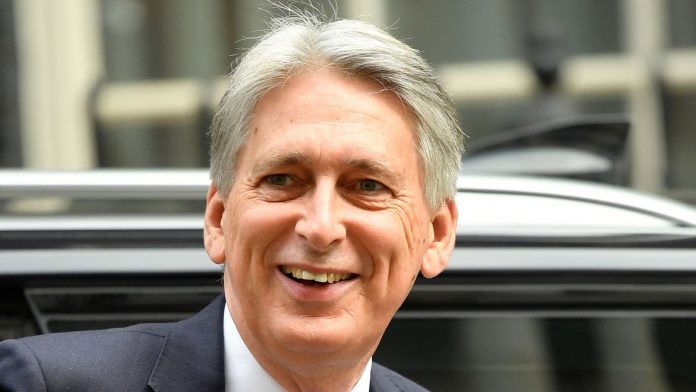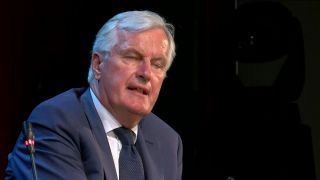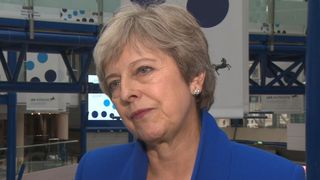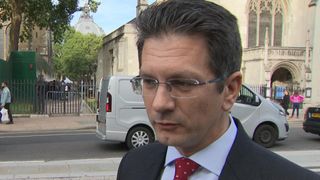[ad_1]
It is “doable” for Britain and the European Union to agree a Brexit deal by the start of November, the chancellor has said.
Philip Hammond said he agreed with the assessment from the EU’s chief Brexit negotiator Michel Barnier, who said on Monday that it should be possible to strike an agreement within six to eight weeks.
London and Brussels are currently in negotiations on the terms of Britain’s EU exit, with both sides hopeful of reaching a deal with enough time to get the accord through their respective parliaments in time for Brexit day at the end of March.
When asked about the exit talks during an appearance in front of the Lords economic affairs committee, Mr Hammond echoed Mr Barnier’s optimism.
He said: “If you look at the history of EU negotiations of difficult issues, I think six to eight weeks is probably quite a large time scale.
“I think that it is doable.”
The chancellor said the deal would be made up of a withdrawal agreement, which will include a legal text that will become a treaty.
Alongside this would be a “political declaration” of what the UK’s future relationship with the EU will look like.
“That will need to have enough detail in it for both sides to be able to understand where we have agreed to go and for Parliament to be able to take a view of the package as a whole,” Mr Hammond told the committee.
“It won’t need to be legal text or even draft legal text.”
The chancellor was also quizzed about Britain’s £39bn “divorce bill”, specifically what would happen to this in the event of a “no-deal” Brexit.
Mr Hammond said outstanding financial obligations to the EU would still have to be met in this scenario.
“In the context of no negotiated exit, that agreement (to pay £39bn), like all the other agreements that were settled between December and March subject to the caveat nothing is agreed until everything is agreed, will fall,” he said.
“What will not fall is our legal obligation under international law to make payments of sums which were due to the European Union.
“But to quantify those sums could require a complex and time-consuming process of arbitration.”
Mr Hammond added: “If we were to say we are going to sit on our hands and pay nothing we would probably expect a very hard-nosed response from the other side.”
[ad_2]










